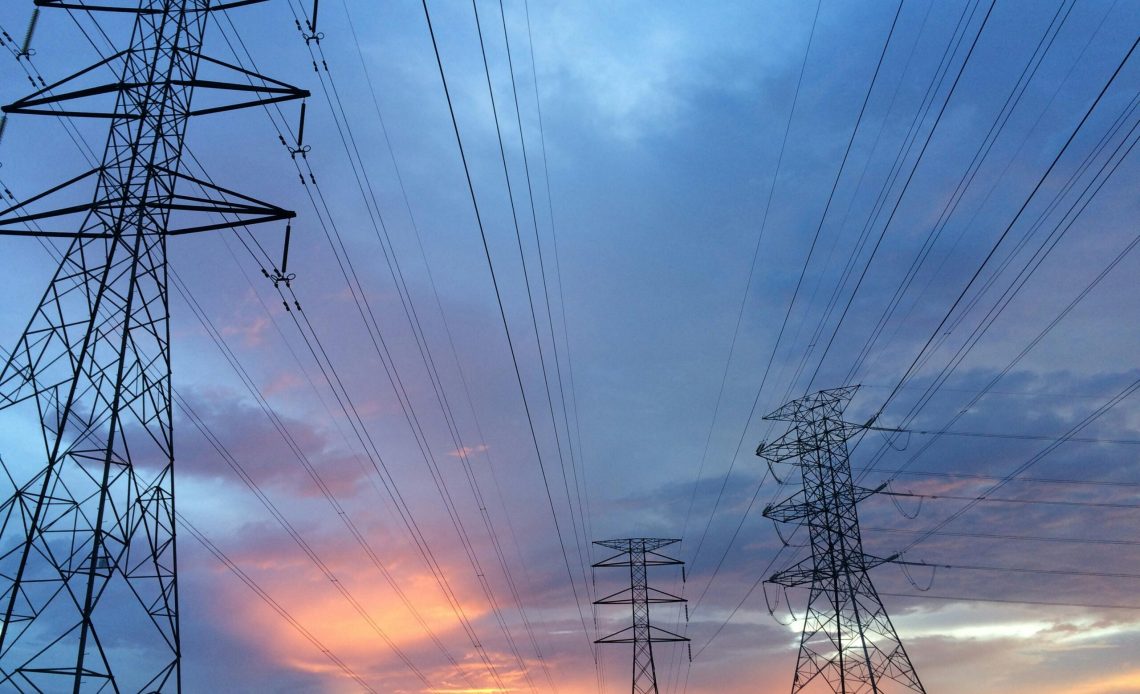
Germany’s Bundesnetzagentur, the regulatory body overseeing the country’s energy grid, has announced a proposal aimed at providing financial relief to power consumers.
The plan involves gradually phasing out payments currently made to smaller, conventional power generation units over a three-year period, starting from 2026 and ending in 2028, according to a Reuters report.
Phasing out payments
These payments are intended to incentivise these units to maintain operational readiness, ensuring they can quickly ramp up power generation to stabilise the grid in times of supply fluctuations or disruptions.
By removing these payments, the regulator estimates that power customers will collectively save 1.5 billion euros (equivalent to $1.71 billion) over the three-year implementation period.
This cost-saving measure will be gradually implemented to avoid any sudden shocks to the market and to provide time for affected power generators to adjust their business models.
Shift to renewable energy
The Bundesnetzagentur’s proposal reflects a broader shift in Germany’s energy landscape, as the country continues to expand its renewable energy capacity and modernize its power grid.
As renewable energy sources like wind and solar become increasingly prevalent, the need for conventional power plants to provide grid stability services may diminish.
This has led the regulator to reconsider the necessity of these payments, which ultimately add to consumer electricity bills.
The fees, established 25 years ago during the nascent stages of renewable energy sources like wind and solar power, were designed to compensate small-scale electricity producers.
These producers played a crucial role in maintaining the stability of public distribution grids by feeding locally generated power into them.
This local power supply became particularly vital during periods when the intermittent nature of renewable energy sources, such as wind and solar, resulted in fluctuations or reductions in power output.
Conventional power, also known as baseload power, refers to the generation of electricity from sources that can provide a stable and consistent output of energy. These sources are typically fossil fuels, such as coal, natural gas, and oil, which are burned to generate steam that drives turbines and produces electricity.
These power plants are designed to operate continuously, providing a reliable source of electricity to meet the baseload demand, which is the minimum level of electricity required to meet the needs of consumers at any given time.
Unlike renewable energy sources, such as solar and wind power, which are intermittent and depend on weather conditions, conventional power plants can operate around the clock, regardless of the weather.
Payments
However, conventional power generation also has significant environmental impacts, primarily due to the burning of fossil fuels, which releases greenhouse gases and contributes to climate change.
Additionally, the extraction and transportation of fossil fuels cause environmental damage, including air and water pollution, and land degradation.
The German regulator stated that the payments are no longer needed due to the high volumes of green power, which has eliminated the need for balancing at local low voltage levels.
Instead, the transmission of power was shifted to higher voltage lines that could cover greater distances. This allowed these high voltage lines to supply more power locally, especially when renewable energy sources were not producing sufficient levels of energy.
The technical robustness and digitalisation of grids have advanced over the last 25 years to support the growth of low-carbon energy sources.
President of the Bundesnetzagentur authority, Klaus Mueller, stated that the fees in question have transformed into an unnecessary subsidy that lacks economic justification.
The deadline for the consultation period regarding the move is May 23, according to the report.
The post Germany to phase out power payments, saving consumers €1.5B appeared first on Invezz






